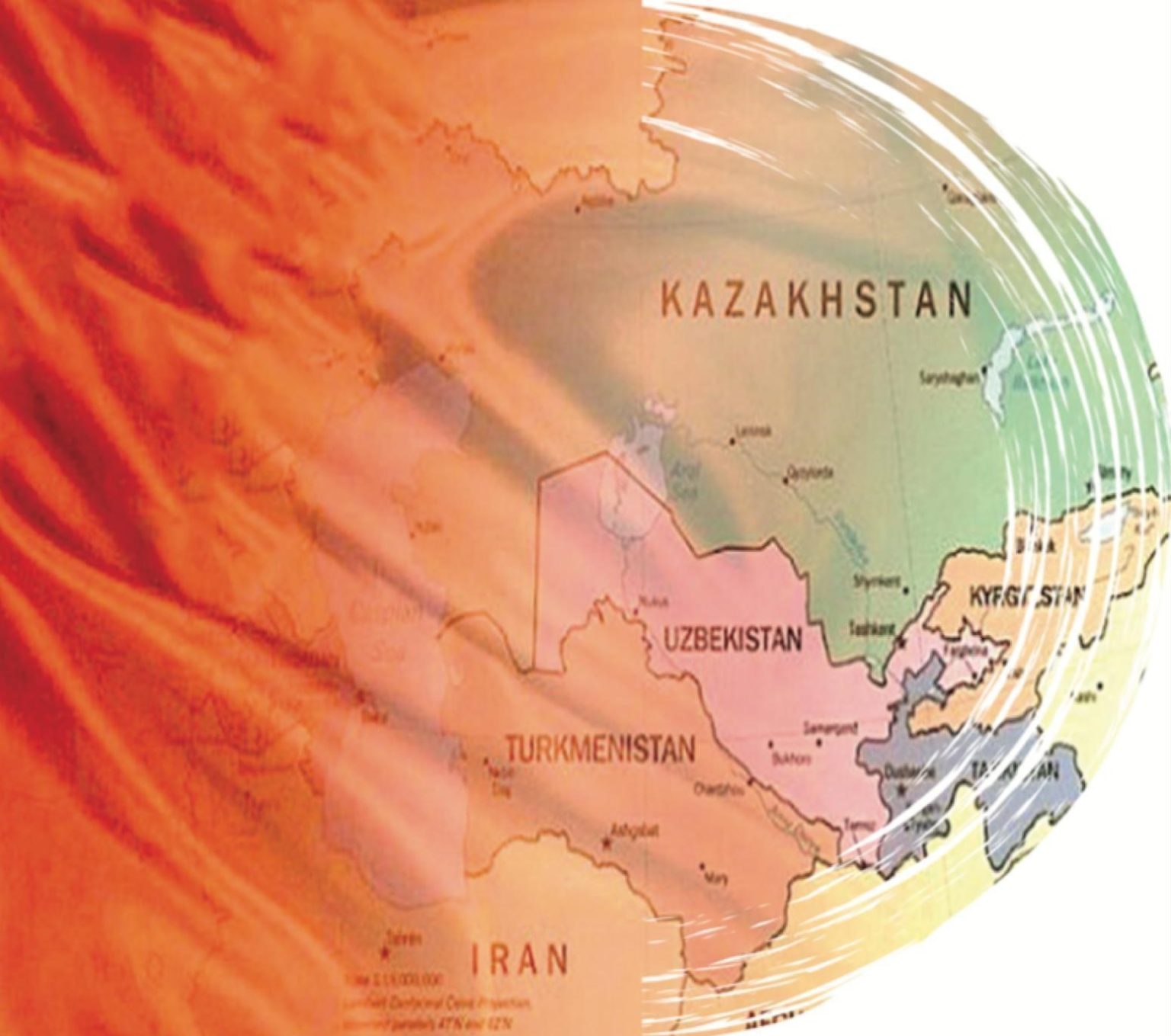CUS Press Release
For Immediate Release
February 22, 2024
Uyghurstudy.org
The Center for Uyghur Studies’ (CUS) new report, “Unraveling China’s Infiltration Into Central Asia”, analyzes China’s strategic infiltration into Central Asia, a region of increasing global significance. The report begins by examining the pivotal role of the Shanghai Cooperation Organization and the ambitious Belt and Road Initiative (BRI), which serves as the cornerstones of China’s engagement in the region. The China-Central Asia Summit and the utilization of East Turkistan as a corridor are also scrutinized for their geopolitical implications. The analysis extends to China’s burgeoning presence in Central Asian countries through large-scale infrastructure projects, enhanced bilateral trade, and collaborative security measures. An important aspect of this study is the investigation of China’s soft power strategies in shaping regional dynamics.
Furthermore, the report delves into the multifaceted consequences of these deepening bilateral relations, how economic engagements, particularly in infrastructure and trade, have led some Central Asian countries into a potential debt trap, fostering a perilous dependence on China. It also touches on Central Asian republics’ position on China’s genocide and crimes against humanity against Uyghur and other Turkic Muslims in East Turkistan, due to the PRC’s political and economic leverages on them.
Finally, the report sheds light on the alarming human rights abuses linked to these relationships, raising critical questions about the ethical implications of such partnerships and CCP’s exporting corruption through BRI. Additionally, China’s support and bolstering of authoritarian regimes in the region are critically examined, probing the impact on regional governance and political stability.
This comprehensive inquiry offers a nuanced understanding of China’s expanding influence in Central Asia. It seeks to unravel the complex web of economic, diplomatic, and security ties, and their profound implications for the region’s future and its place in global geopolitics. The research was carried out and the report was authored by the CUS team consisting of Executive Director Abdulhakim Idris, Senior Program Officer Memet Tohti Atawaulla, and researchers Elkan Noyan and Dareen Khaled.
“The CCP has been exerting its influence on Central Asia and silently infiltrating the social, educational, economic, and political objectives of the Central Asian countries. Through the BRI, the CCP is exporting its totalitarian system as well as corruption into Central Asia and other regions and countries, and creating a hindrance to the advancement of democracy, human rights, and free speech. One of the direct consequences of China’s infiltration into Central Asia is the transnational repression of Uyghur and other Turkic peoples that fled the CCP’s persecution to the neighboring Central Asian republics. For decades, Central Asian governments have been cooperating with communist China to deport those who fled the CCP’s persecution back to China. Also, the Uyghurs, who are the citizens of Central Asian countries are disproportionately affected as a result of China’s influence, facing significant disadvantages in business, education, and employment.” Executive Director and co-author of the report Abdulhakim Idris said.
“Our report examines the CCP’s tactics in its attempts to exert political influence in Central Asia and gain dominance in trade, diplomacy, and other strategic areas. We have also tried to expose China’s debt trap in Central Asia, which has already trapped several countries around the world through the Chinese neo-colonial project, the BRI, which includes PLA soldiers working as security guards. We hope this report will bring attention to CCP’s colonial ambitions in Central Asia and shed light on the consequences of neglecting the CCP’s violations of human rights and crimes against the Uyghurs.” Idris added.
The report is available to read and download below:

